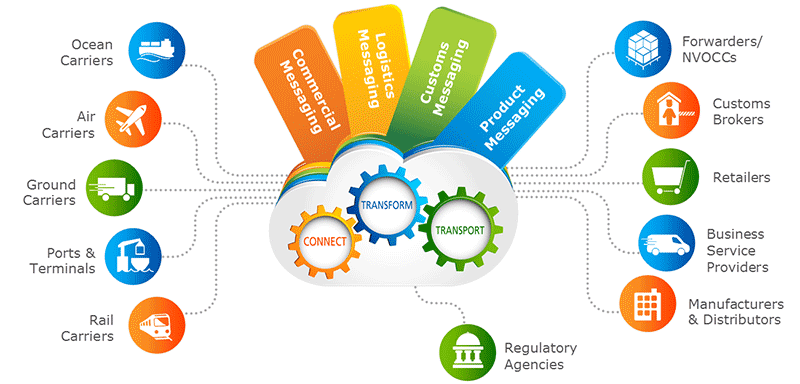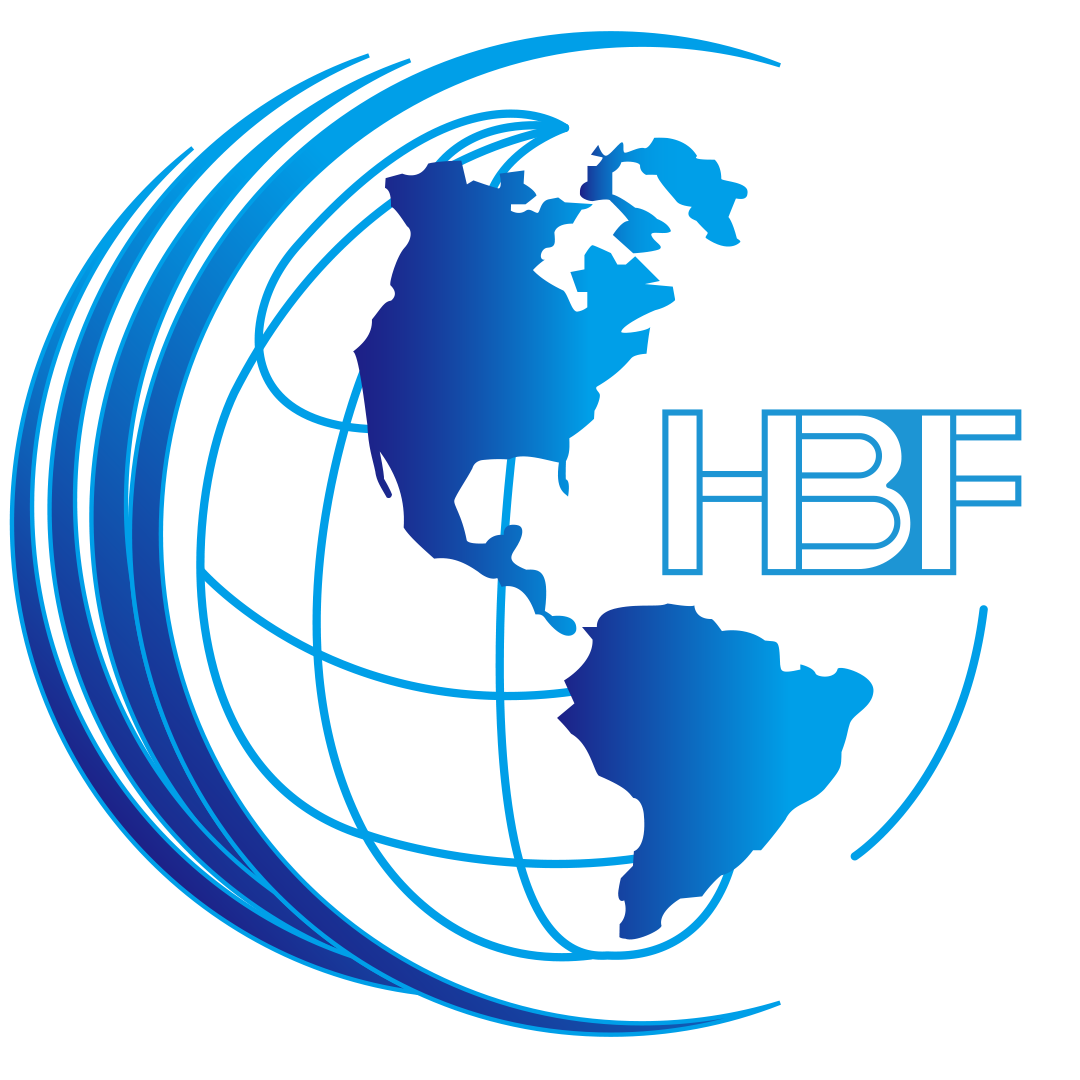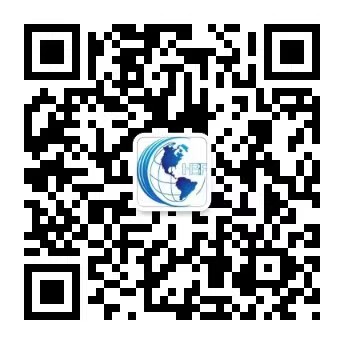印尼SNI证书——市场准入的“通行证”
一、什么是SNI证书?
SNI证书(Standar Nasional Indonesia)是印尼国家标准化局(BSN)颁发的强制性产品认证,用于证明产品符合印尼国家标准。类似中国的CCC认证,SNI是印尼市场准入的核心门槛,涵盖电子电器、建筑材料、汽车零件等205类产品,且强制清单每年新增5-10种
未通过认证的产品将被禁止清关和销售,已售产品可能面临召回和销毁
二、SNI认证的类型
- 强制性认证
针对直接影响健康、安全及环境的产品,如家电、轮胎、儿童玩具、建材等。此类产品必须通过测试、验厂并加贴SNI标志
- 自愿性认证
适用于非强制类产品,企业可自愿申请以提升市场竞争力
三、认证流程与核心要求
- 前提条件
- 申请人需为印尼注册公司,且商标已在印尼完成注册
- 工厂需具备ISO 9001质量管理体系认证
- 流程步骤
- 商标注册:在印尼完成品牌商标注册
- 申请与协议签署:向印尼认证机构(LSPRO)提交申请,并与制造商、进口商签订三方协议
- 工厂审查与抽样:印尼官员赴中国工厂实地验厂,抽取样品送印尼国家实验室检测
- 测试与发证:通过测试后提交技术文件,审核通过颁发证书(有效期4年,需年审)
- 监督抽检:每年一次定期抽查,市场稽查和海关核查并行
四、费用与时间成本
- 总费用:初检+复检年均20-30万人民币,包含验厂费(中国工厂约85条印尼盾)、测试费(6-15条/类)、顾问费等
- 周期:约3-4个月,验厂需提前2-3周预约,测试需20个工作日
五、重要性及法律风险
- 市场准入:SNI是进入印尼市场的必备条件,政府采购优先选择认证产品
- 法律处罚:违规者最高面临5年监禁或3亿印尼盾罚款,产品强制销毁
- 品牌信任:SNI标志提升消费者对质量和安全的信任度
Popular Science Content: Indonesia’s SNI Certification – The “Passport” to Market Access
1. What is SNI Certification?
SNI Certification (Standar Nasional Indonesia) is a mandatory product certification issued by the National Standardization Agency of Indonesia (BSN) to confirm compliance with Indonesian national standards. Similar to China’s CCC certification, SNI is a core requirement for market entry in Indonesia, covering 205 product categories such as electronics, construction materials, and automotive parts. The mandatory list expands by 5–10 categories annually. Products without SNI certification are banned from customs clearance and sales, and non-compliant products already on the market may face recalls or destruction.
2. Types of SNI Certification
- Mandatory Certification
Applies to products impacting health, safety, or the environment, such as household appliances, tires, children’s toys, and construction materials. These products must undergo testing, factory audits, and display the SNI mark. - Voluntary Certification
For non-mandatory products, allowing companies to voluntarily apply to enhance market competitiveness.
3. Certification Process & Key Requirements
- Prerequisites
- The applicant must be a registered company in Indonesia with a locally registered trademark.
- Factories must hold ISO 9001 Quality Management System certification.
- Process Steps
- Trademark Registration: Register the brand in Indonesia.
- Application & Agreement: Submit an application to an Indonesian certification body (LSPRO) and sign a tripartite agreement between the manufacturer, importer, and certifier.
- Factory Audit & Sampling: Indonesian officials conduct on-site factory inspections (including overseas facilities) and send samples to Indonesian national laboratories.
- Testing & Certification: Submit technical documents after passing tests. Upon approval, the SNI certificate is issued (valid for 4 years, with annual audits required).
- Post-Certification Monitoring: Annual random inspections, combined with market and customs checks.
4. Costs & Timeline
- Total Cost: Initial and annual audits average 200,000–300,000 RMB, covering factory inspection fees (e.g., ~85 million IDR for Chinese factories), testing fees (6–15 million IDR per category), and consultancy fees.
- Timeline: 3–4 months. Factory audits require 2–3 weeks’ advance booking, and testing takes 20 working days.
5. Importance & Legal Risks
- Market Access: SNI is mandatory for selling in Indonesia. Government procurement prioritizes certified products.
- Legal Penalties: Violators risk up to 5 years imprisonment or fines of 3 billion IDR, with non-compliant products destroyed.
- Consumer Trust: The SNI mark strengthens consumer confidence in product quality and safety.







